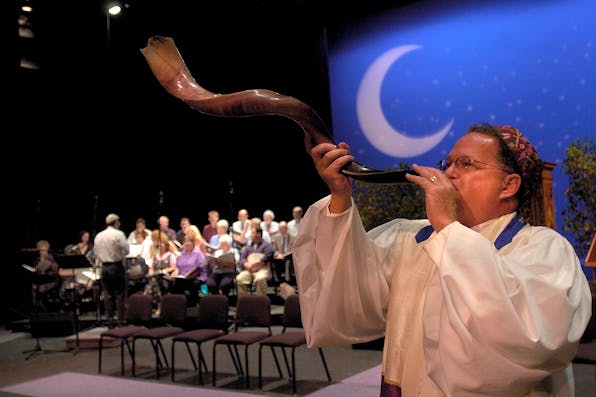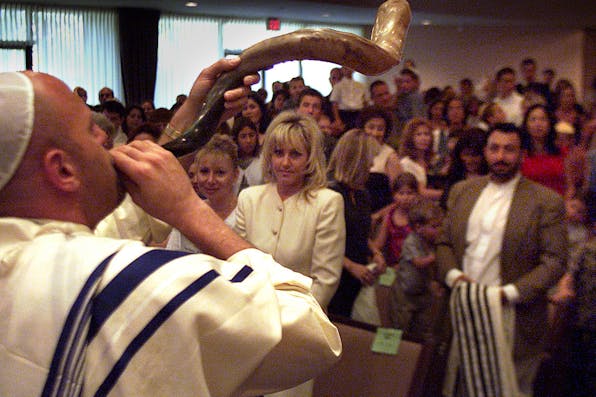
September 12, 2018
What’s Wrong with Nostalgia for Judaism’s “Millennia-Long Tradition”
Unless they feel personally welcome, non-traditional Jews won't care to own anything at all of the tradition.
In 1933, the great economist John Maynard Keynes looked out on the world and decried “the magic spell of immobility” that had gripped U.S. President Herbert Hoover. “Great issues deserve his attention,” Keynes pleaded. Hoover was not incompetent; in the devastation following World War I, for example, he had successfully organized European food relief. But in Keynes’s estimation he had misdiagnosed the Great Depression and, by failing to invest sufficiently in rescuing the economy, allowed the U.S. to go into a tailspin.
Substitute failing spiritual institutions (synagogues) for failing financial institutions (banks), and Keynes’s analysis becomes chillingly relevant to today’s American Jewry. For decades, synagogues have been under attack not only from changing demographics but from federations and funders that have not only failed to invest in them but compounded the calamity by deprecating them further—often, one suspects, because of the vastness of the real problem that they little understand and about which they personally do not care very much to start with.
In contrast to such destructive and often uninformed critics from without, Jack Wertheimer is a constructive and always deeply informed critic from within. He is also, as his essay in Mosaic, “The New High Holy Days,” once again demonstrates, unfailingly thoughtful and honest; it is an honor to engage him here.
Responses to September ’s Essay

September 2018
What’s Wrong with Nostalgia for Judaism’s “Millennia-Long Tradition”
By Lawrence A. Hoffman
September 2018
Jack Wertheimer’s Critique of American Synagogues is On-Target—and Woefully Off
By Elliot Cosgrove
September 2018
The Price of Modernizing the High Holy Days
By Christine Rosen
September 2018
American Jews: Doomed to a Thin Culture with No Future?
By Jack Wertheimer